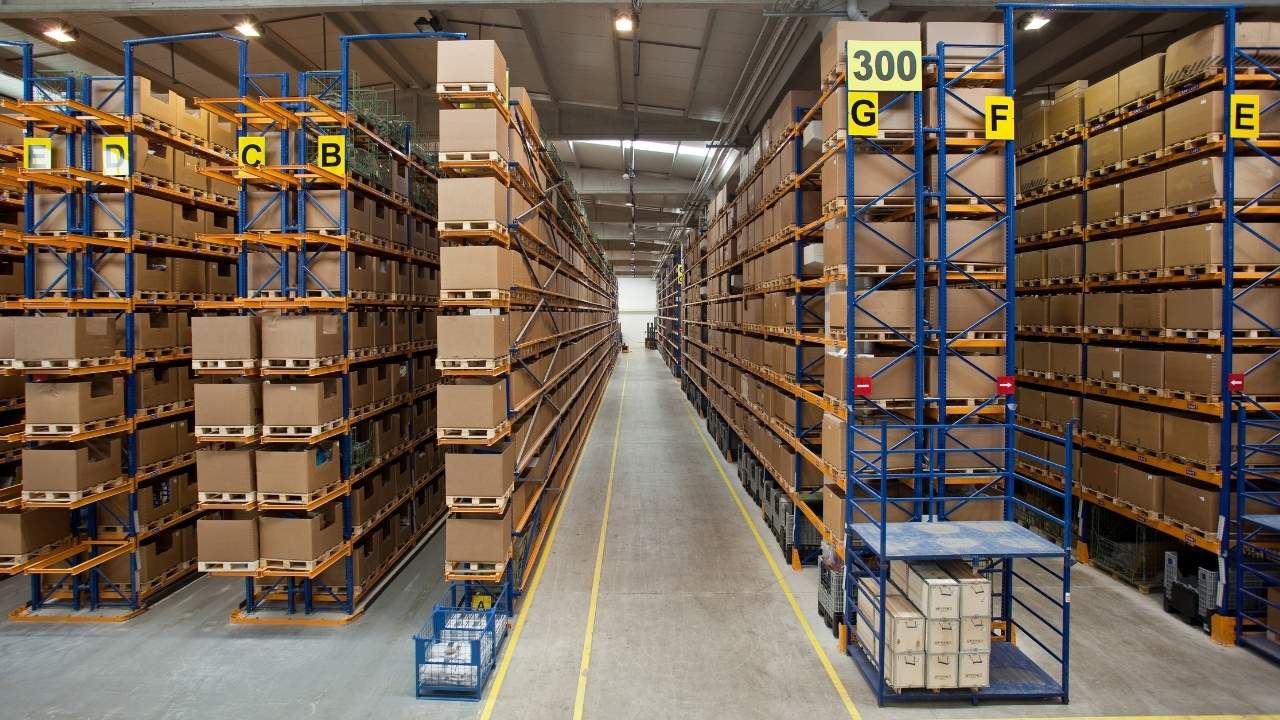Implementing an ERP system is a strategic move that can revolutionize business operations.
Imagine an organization where each department acts as an island unto itself – sales focuses solely on driving revenue, marketing on branding and campaigns, while operations keep the wheels turning day-to-day. Though they share the same customers and collective mission, without visibility into one another’s activities, processes easily fall out of sync. Customers get frustrated by disjointed experiences, and managers struggle to spot inefficiencies.
Now envision the same organization, but this time each department’s goals, data and systems are woven together into a single unified platform. Suddenly sales understands the pressure on plant capacity that’s delaying orders, while operations accesses real-time customer delivery demands to prioritize and adjust production scheduling. Finance gains insight into leading indicators of revenue trends, while HR connects compensation incentives to growth targets.
This transformation – where disconnect gives way to interconnect – is the power of an Enterprise Resource Planning (ERP) system. More than just software, an ERP becomes the digital nervous system that allows cross-functional processes, people and information to harmonize.
Speed Up Business Operations and Coordination with an ERP
ERP systems unite the disparate departments and data silos that exist within most growing companies. This lays the foundation for game-changing improvements across three key dimensions:
1. Process Excellence
- Integrates workflows to reduce delays – e.g. order fulfillment lead times drop from days to hours by connecting order capture, production scheduling, inventory allocation, and delivery dispatch systems.
- Automates manual efforts to boost efficiency – e.g. automated vendor invoice processing slashes AP costs up to 90%
- Enforces standards to drive consistency – e.g. engineering & manufacturing align on product data standards like BOMs and routings that optimize New Product Introduction
2. Access to Information
- Consolidates data from across the business for unified reporting and analytics – e.g. executives gain a single pane of glass into sales results, production backlogs, quality issues, and inventory positions rather than piecing together a disjointed picture.
- Enables drill down for root cause identification – e.g. customer service reps can instantly view complete order-to-cash history to resolve invoice discrepancies during a customer call.
- Provides role-based information tailored to individual needs – e.g. purchasing managers get alerts and KPI reports on component shortage risks that jeopardize production schedules and on-time customer order fulfillment.
3. Cross-Functional Alignment
- Connects departmental plans and activities to company goals – e.g. large enterprise deployments use ERP performance management modules to assign dept KPIs that ladder up to financial targets
- Facilitates collaboration across physically dispersed teams – e.g. project management capabilities provide structure for global product teams to coordinate new product testing, scheduling, and market launch readiness
- Enables resource optimization – e.g. integrated ERP workforce management tools allow managers to share workers across departments and plants to maximize labor utilization rates and adjust to peaks and valleys in demand.
The Bottom-Line Benefits of ERP Adoption for Business Operations
Beyond these operational improvements, ERP adoption delivers quantifiable financial benefits including:
- Reduced Operating Expenses – Consolidating around a single, integrated ERP platform allows companies to retire dozens of ancillary, disparate systems previously required to run the business – eliminating associated maintenance, upgrade, and integration costs. Streamlining processes also reduces wasteful manual efforts and errors. Together these can drive 20-30% reductions in operating expenses.
- Improved Inventory Management – Lack of visibility and coordination across sales, manufacturing, and procurement drives excess inventory buffers and stockouts. ERP provides real-time tracking and orchestration that together optimize turns and increase fill rates by over 5%. This unlocks millions in working capital.
- Faster Order Fulfillment – inventory visibility and coordinated workflows lead to cycle time reductions averaging 40%. Customers experience faster deliveries and fewer stock-outs.
- Increased Revenue – By connecting sales with production capacity and priorities, manufacturers can improve on-time delivery from 65% to over 90%. The improved consistency and reliability increase customer retention rates by 15%. Augmenting ERP customer data with CRM also enables more effective marketing and drives sales growth.
- Higher Margins – ERP provides granular visibility into spending details and waste drivers – empowering organizations to identify inefficiencies and implement structural improvements. Manufacturers can save 4-10% on material costs, while distributors improve purchasing leverage. This expands margins exponentially.
The Path to Pain-Free Adoption
Transitioning from a disjointed to a fully connected enterprise via ERP is a journey – one requiring careful navigation:
- Secure executive commitment so the initiative receives ample focus and resources.
- Clean up existing data and processes before migration to maximize reliability.
- Phase deployments across departments to ease users into new systems and workflows.
- Provide focused end-user training tailored to key roles and pain points.
Streamline Business Operations with Versa Cloud ERP
While shifting from disjointed activities to seamless integration takes planning, the rewards can be tremendous – lower costs, faster operations, and more innovation.
Versa Cloud ERP makes this transition smooth and successful by providing customized solutions tailored to your industry needs.
Contact Versa today to schedule a free demonstration showcasing how ERP can help you delight customers, empower employees, and outpace competitors.
The first step toward greatness starts with connection. Let Versa Cloud show you how.
The future awaits those who connect.
Empower your business with the knowledge to navigate the realm of an Integrated ERP solution, specifically tailored to inventory and warehouse management and POS needs. Gain insights, streamline processes, and propel your financial management to new heights with this comprehensive guide
With Versa Cloud ERP’s Implementation guide learn how a business can ensure a successful ERP Solution Implementation. Navigate the complexities of implementation with confidence!
A Small Business in the modern day with Omnichannel Retail is complex and requires resources to deliver on its goals and achieve its full potential. To create a small business success story business owners need an ERP Solution that grows with them.
Effectively manage your financials, accounting, inventory, production, and warehouse management workflows with our award-winning ERP.
Let Versa Cloud Erp’s do the heavy lifting for you.
[widget id=”custom_html-40″]
[widget id=”custom_html-42″]
[widget id=”custom_html-30″]
Do Business on the Move!
Make your businesses hassle-free and cut the heavyweights sign up for the Versa Cloud ERP today!!
Join our Versa Community and be Future-ready with us.
[widget id=”custom_html-20″]






